In a rapidly evolving technological landscape, the fusion of technology and society is creating a brave new world full of immense possibilities. As we embark on this journey into the future, we are confronted with the intertwining of science fiction and reality, where our deepest fantasies are transforming into tangible breakthroughs. In this article, we will explore the fascinating intersection of technology and society, delving into the countless ways in which innovation is reshaping our lives.
From AI-powered assistants and augmented reality to blockchain and autonomous vehicles, we will unveil the advancements that are propelling us towards a more connected, efficient, and sustainable future. But it’s not just about the advancements themselves. It’s about the ethical and societal implications that come hand in hand with these disruptive technologies. We will navigate the complexities of privacy, security, and the digital divide, examining the trade-offs we must make as we forge ahead.
Above all, this exploration serves as a call to action. It is an invitation to reflect on the future we want to create and the role that each of us plays in shaping it. So fasten your seatbelts and get ready to journey into the brave new world of technology and society.
The impact of technology on society
Aldous Huxley’s Brave New World depicts a futuristic civilization that embraces modern culture. In the genetically connected World State, no one complains about their social status. Each generation’s technology shapes society and culture. In this work, Huxley examined the effects of technology on society and offered solutions. He warned against overdevelopment and high cultural deterioration. Brave New World criticizes modern society’s overemphasis on technology and the decline of high culture.
It evaluates technology’s benefits in the perspective of traditional cultural values that are rapidly declining. Huxley explored youth and technology in such social juxtapositions. He considered the implications of technology replacing culture. The first portion will define what Huxley showed through his characters’ words, ideas, and feelings. The novel examines paradise realized by clever technology innovation. The second half will address Brave New World’s nature and critically examine the youth’s role.
This may explain the qualitative findings on technology’s impact on such a society and its ramifications, allowing a conclusion to analyze literary linkages and support the thesis with practical models.Brave New World explores how sophisticated technology affects civilization. In the future fiction, human biological advancement drives society’s success.This affects the success of their society. The novel claims that humans only find happiness via suffering and grief, which is intriguing. Without suffering and agony, pleasure is impossible. Conditioning or emotion suppression eliminates human misery in the fiction.Brave New World’s advanced technology has made civilization efficient and trouble-free.
The rise of automation and its implications
Tools increase daily entertainment rather than efficiency and power. Society encourages people to enjoy these instruments at the expense of humanity, destroying all precious relationships between humans. These take folks away from civilization. Fordism does this by generating tropical babies, fast-growing youngsters, and managing oxygen levels. Henry is a wonderful example of how society alienates a rule-breaker who dies alone on an island. Chemical predestination and embryonic training divide offspring into five social classes. Humans are inseparable and compared to machines in society. Like robots, babies are designated for certain jobs by society.
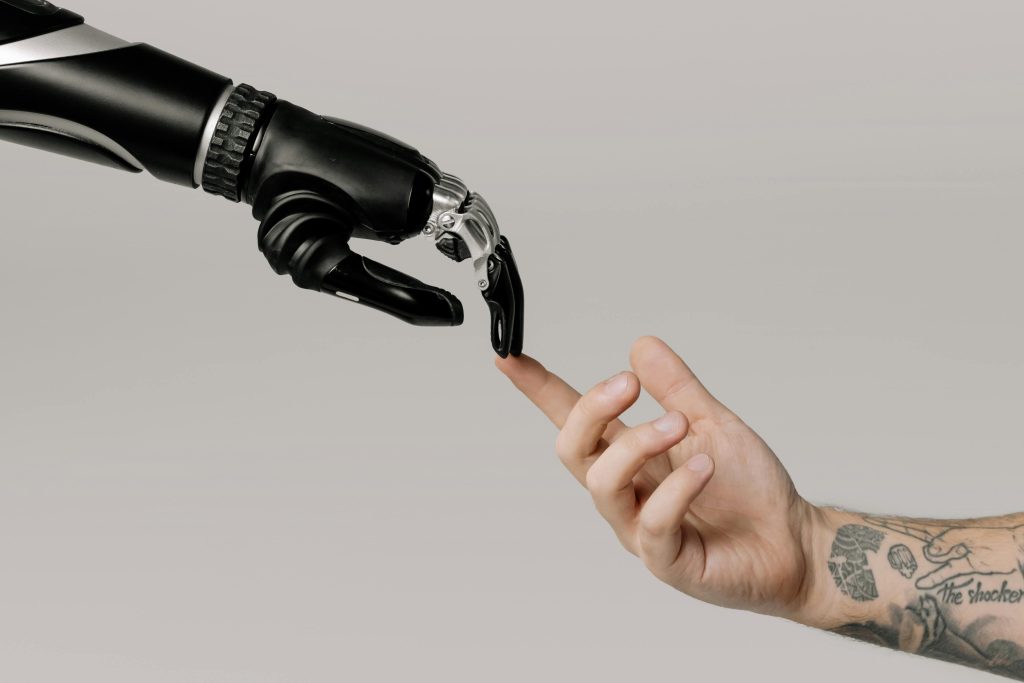
Preconception, when embryos are shaped by individuals and decanted tubes, determines rank and caste. Workers aren’t confused or wanted. Monogamy is a Virgin scandal, but bastards succeeded. The community can profit from sexual freedom instead of restriction since society has lost the foundation for peace. Small newborns are conditioned after hypnopaedic training, limiting personal growth, bewilderment, and understanding. Over conditioning eliminates development and spiritual freedom. The state steals human evolution with technology. All is attempted and buried in technology.
Religion declines in the reasoned world. All legal duties, including the cross, are eliminated. The new science of God proved everything God classified, making it the world’s top life goal. Medicine fixes everything, creating a paradox. Conditioning replaces art with physicality and senses. Sickness and progress should not occur. Work kills, but lifeless made items cannot. The rich people who replaced the Martian kings live in a dry, stressed atmosphere. The lucky are those under Fordian science, while the rest are just items demanded by society. Conditioning keeps serenity and happiness permanent. Conditioning may be an attempt to silencing a volatile personality. It depletes and strengthens the mind and instills morality.
Advancements in artificial intelligence
In his novel “Brave New World,” Aldous Huxley depicts a dystopian future in which technology plays a significant part in the process of controlling and influencing the public. It is the principles of mass production and consumption that form the foundation of the society, and its members are bred and conditioned to conform to the roles that have been established. This image of a society ruled by technology and governed by a ruling class bears remarkable resemblance to today’s fears about AI.
One of the most significant ways in which artificial intelligence is connected to “Brave New World” is the possibility that technology would be able to deprive individuals of their independence and freedom. The residents of the novel are conditioned from birth to conform to the established framework of society, and any deviation from the standard is regarded with suspicion and ostracization. This is the case throughout the novel. Concerns have been raised over the erosion of personal privacy and autonomy as a result of the broad usage of artificial intelligence (AI) in different facets of our lives, such as facial recognition technology and predictive algorithms.
The future of work in a tech-driven world
Huxley’s work also explores the dehumanizing implications of a society that is driven by technology, where individuality and human connection are sacrificed in the quest of efficiency and productivity with the goal of maximizing efficiency and production. There is a concern that automation and artificial intelligence would result in a loss of personal connection and purpose in our lives, and this is something that connects with the present debate that is taking place about the influence that AI will have on the employment market.
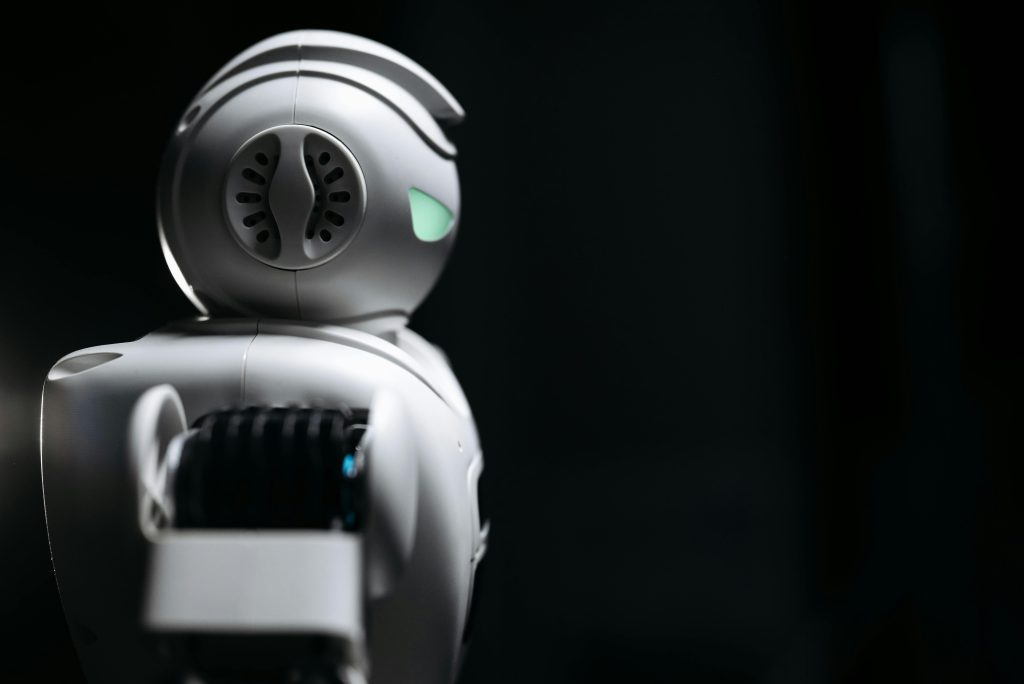
One thing that should be kept in mind, however, is that the similarities between “Brave New World” and the possible influence of artificial intelligence are not entirely negative. In the same way that it did in the book, artificial intelligence has the potential to bring about significant developments and changes in our society, including in the areas of education, societal sustainability, and healthcare. The way in which we choose to exert control over this technology, as well as the ethical considerations that direct its development and execution, are the most important factors.
In conclusion, although “Brave New World” may not have directly addressed the idea of artificial intelligence (AI), the novel’s investigation of the dehumanizing consequences of technology and the risks of an all-powerful central authority echo powerfully with the issues that are currently surrounding AI. To guarantee that artificial intelligence is created and applied in a manner that is beneficial to all of mankind and preserves our fundamental values of autonomy, freedom, and human connection, it is crucial that we heed the cautions of Huxley’s dystopian vision as we continue to push the boundaries of technology.
Ethical considerations in technology development
Brave New World characters do everything they can to hide their problems. Soma use is arguably the most widespread case of deliberate self-delusion.Brave New World imagines a world without individuality and examines what it is and why it matters. Brave New World characters initially define happiness as freedom from emotional sorrow, sickness, aging, and political turmoil, along with easy access to anything they want. The characters disagree on how personal agency affects happiness. Bernard desires personal agency, feeling “as though I were more me.”
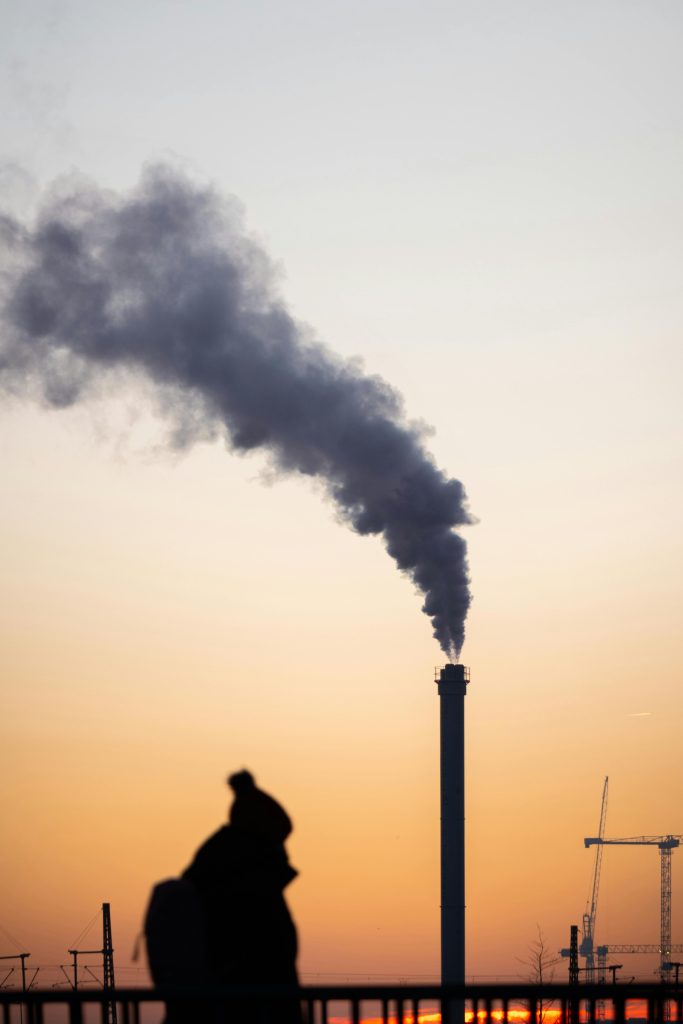
Bernard pleads to stay in the World State when the Controller offers him the chance to live as an individual in Iceland, saying he won’t forgo comfort for autonomy. Helmholtz wants to express himself through poetry, but his belief that “a lot of wind and storms” are needed for good poetry implies that happiness and self-expression are irreconcilable and that he can only acquire personal agency through suffering. John suffers and denies himself to find freedom, but it makes him miserable. He commits suicide after participating in an orgy for pleasure.
Since it disrupts community functioning, individuality is incompatible with happiness and social stability, according to the World State. Controllers do everything they can to prevent individuality. “Bokanovsky’s Process” makes most World States citizens biological copies. “Hypnopaedic” slogans and “Solidarity Services” inspire citizens to see themselves as a group. According to the Controller, persons are banished to the islands when they “have got too self-consciously individual to fit into community life.”
Bernard, Helmholtz, and John revolt against the World State by becoming self-conscious. Bernard desires “as though I were more me.” Helmholtz writes his first poetry on solitude, and when the Controller asks John about God, John thinks “about solitude.” In the end, John and Helmholtz endure to maintain their identities. Bernard never opts for uniqueness. Poor conditioning has made him unique. He fights islandization. Bernard curses individuality.
The potential of virtual and augmented reality
Soma promotes societal stability by replacing present facts with joyful hallucinations. John’s obsession with perceiving Lenina as a Juliet and then as a “impudent strumpet” shows that even Shakespeare may be used to conceal the truth. Mond contrasts two abstract entities. What are they? Mond’s reasoning suggests that happiness is the immediate satisfaction of every citizen’s craving for food, sex, drugs, attractive clothes, and other commercial goods.
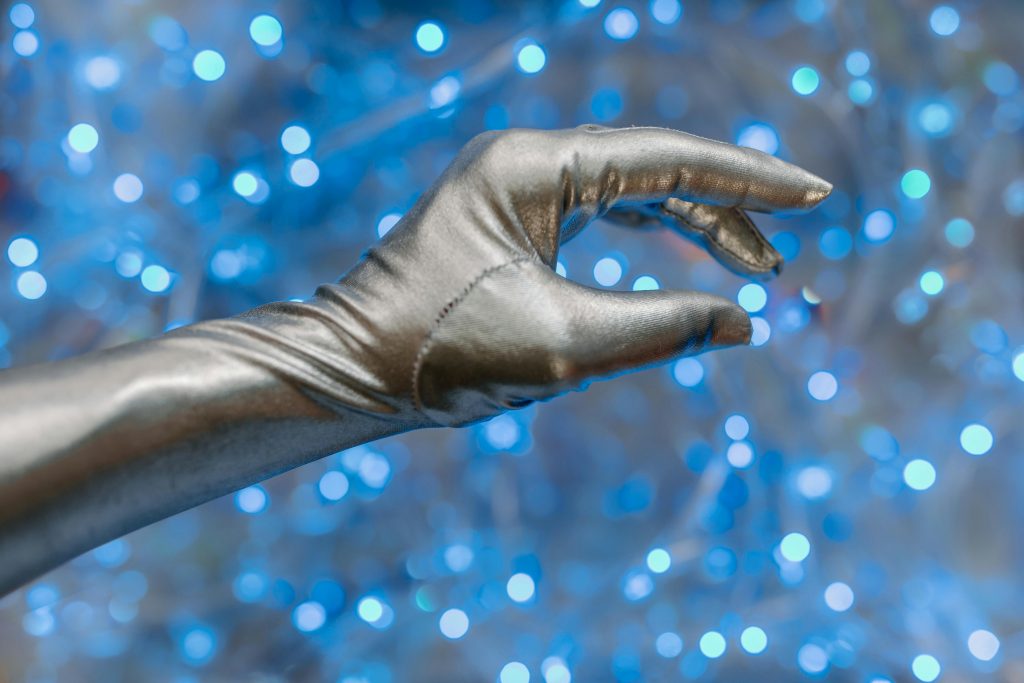
It is unclear what Mond means by truth or what truths the World State society is hiding. The anonymity and lack of thought of Brave New World’s community society forbids the impulse to seek truth. Truth and individuality are intertwined in the novel’s theme.Mustapha Mond believes the World State deliberately favors happiness over truth because people are happier with happiness.
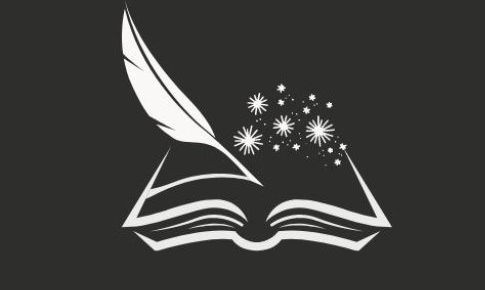
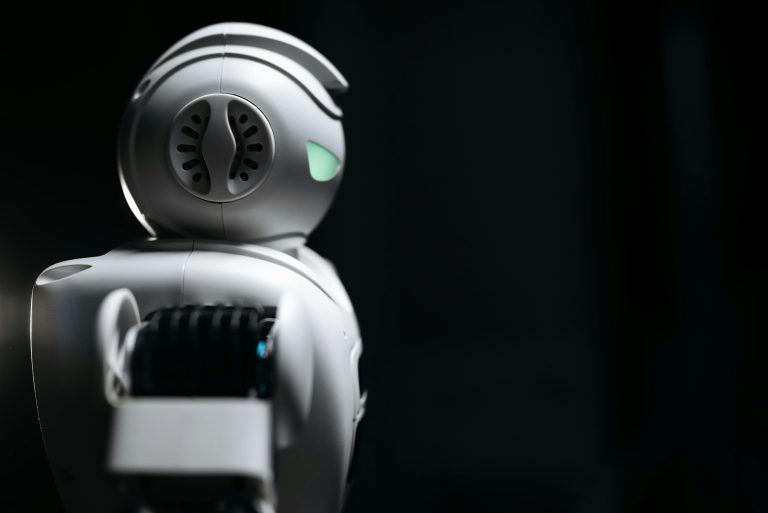


Your article helped me a lot, is there any more related content? Thanks!
Can you be more specific about the content of your article? After reading it, I still have some doubts. Hope you can help me.
Thanks for sharing. I read many of your blog posts, cool, your blog is very good.